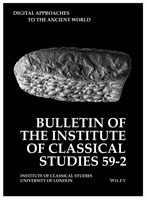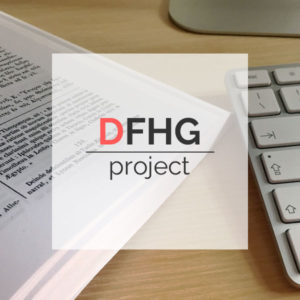Posted on behalf of Alexander von Lünen (to whom queries should be addressed):
University of Huddersfield
19 May 2017This conference follows up on the workshop “Playing with History” that has been held in November 2015 in Huddersfield. Gaming and History is gaining more and more traction, either as means to “gamify” history education or museum experiences, or as computer games as prism into history like the popular History Respawned podcast series (http://www.historyrespawned.com/).
Besides discussing gamification or using (computer) games, we also want to explore gaming and playing in a broader historical-cultural sense. Can “playing” be used as category for historical scholarship, maybe alongside other categories such as gender, space or class? Historian Johan Huizinga’s Homo Ludens from 1938 looked at play and its importance for human culture. Can historians make similar cases for more specific histories? In recent publications historians have pointed to the connection between cities and play. Simon Sleight, for example, has worked on the history of childhood and urban history, i.e. young people appropriating public urban spaces for their ludic activities and their struggle with authorities over this. Archaeologists, as another example, have shown that much of the urban infrastructure of Ancient Rome was dedicated to games, playing and gambling, as it had such a big role in Roman life.
The conference will thus discuss terms like “gaming”, “playing” and “history” in broad terms. There are academic papers in the morning and round-table sessions in the afternoon for networking and demos.
Tickets (£10) are available via the University of Huddersfield web shop. Please note: there are travel/conference bursaries for postgraduate students available on request; please contact Dr Alexander von Lünen (a.f.vonlunen@hud.ac.uk) for details.
Full details and programme at https://hudddighum.wordpress.com/2017/03/06/historia-ludens-conference-on-history-and-gaming-19-may-2017/




